New research hub announced as part of £160 million investment
Focusing on quantum sensing, imaging and timing, the hub will be launched at the end of this year as part of an investment announced by the Science Secretary.
08/10/2024 By BGS Press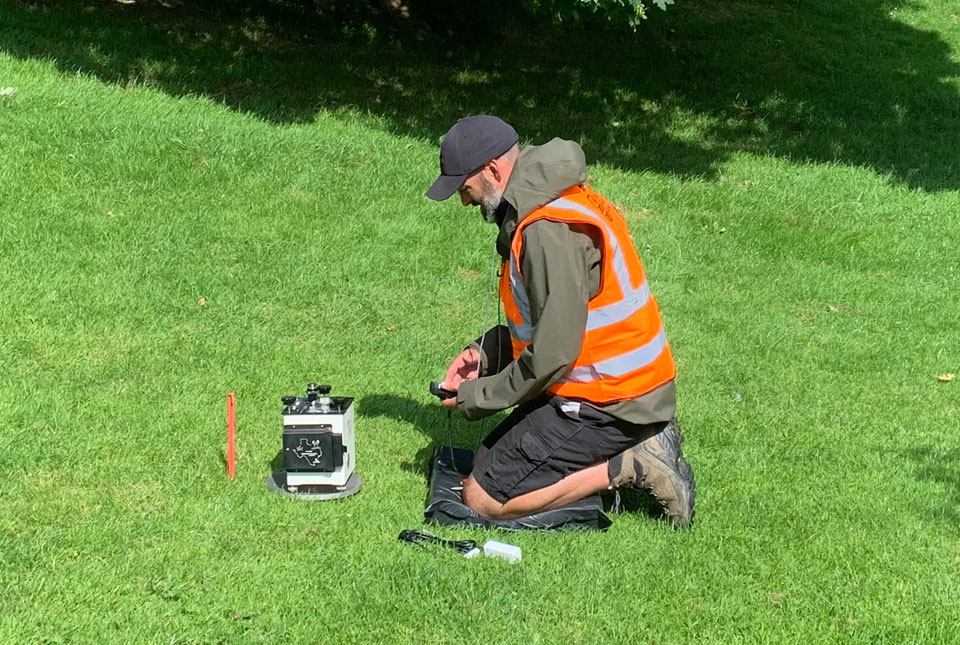
The UK Quantum Technology Research Hub in Sensing, Imaging and Timing (QuSIT) has been selected as one of five hubs to be delivered by the UKRI Engineering and Physical Sciences Research Council (EPSRC) as part of a £160 million investment, announced by the Science Secretary, Peter Kyle.
QuSIT is a collaboration of expert physicists, engineers and data scientists and is led by the University of Birmingham, in collaboration with:
- British Geological Survey
- Durham University
- Heriot-Watt University
- Imperial College London
- National Physical Laboratory
- University of Bristol
- University of Nottingham
- University of Southampton
- University of Strathclyde
The new hub will formally launch in December 2024 and will focus on overcoming the main research barriers to scaling-up and manufacturing quantum sensing, imaging and timing devices. Examples of this new technology include:
- cameras to detect gas leaks and hidden objects
- quantum brain scanners to enhance investigation of mental health disorders and epilepsy
- quantum sensing of gravity and magnetic fields to help increase resilience and capacity of critical infrastructure
QuSIT will also draw together industry, academia and Government to use the power of quantum sensing, imaging and timing to help address challenges in healthcare, infrastructure, transportation and security, enabling a safer, healthier and more sustainable society.
We are excited to form a new quantum technology hub in sensing. Our aim is to accelerate the commercial development of quantum sensing, imaging and timing devices, which will result in real societal and economic benefits. We look forward to working closely with our partners, the other new quantum technology hubs, our funders EPSRC, and the National Institute for Health and Care Research, as well as the wider academic and industry communities, to ensure quantum technologies deliver their best for society.
Prof Michael Holynski, principal investigator for QuSIT.
Quantum technologies harness quantum physics to gain a functionality or performance that is otherwise unattainable, deriving from scientific findings that cannot be explained by classical physics such as Newton’s laws of motion or thermodynamics.

A conventional gravity and an electrical resistivity survey being carried out over a buried sinkhole. BGS © UKRI.
The hubs are delivered by EPSRC, with a £106 million investment from EPSRC, the Biotechnology and Biological Research Council, the Medical Research Council, and the National Institute for Health and Care Research. Industry collaboration is a key element to all the hubs, which leverage significant cash and in-kind contributions from partners worth more than £54 million.
We are delighted to be part of the UK Quantum Technology Research Hub in Sensing, Imaging and Timing. We will demonstrate the transformative potential of the hub’s sensing technologies in the earth sciences, feeding back observations and data to inform their ongoing development. Our goal is to use the unique capabilities of quantum technology sensors to better understand the structure and behaviour of the subsurface and the opportunities and challenges it presents.
Dr Paul Wilkinson, BGS Principal Research Geophysicist.
The new hubs continue the work of the UK National Quantum Technologies Programme. Now in its tenth year, the partnership of more than £1 billion between Government, academia and industry fast-tracks quantum knowledge from the laboratory to benefit wider society and the economy. They are also a key component of the UK National Quantum Strategy, which outlines an investment of £2.5 billion of Government funding in quantum research and development in the next ten years.
Relative topics
Related news

Airlines, shipping companies and sleigh drivers rush to update crucial navigation systems ahead of Christmas rush
17/12/2024
Release of major upgrade to a new model tracking magnetic north prompts global reset of satellite tracking systems across trade and passenger transport routes.

Electromagnetic geophysics in Japan: a conference experience
23/10/2024
Juliane Huebert took in the fascinating sights of Beppu, Japan, while at a geophysics conference that uses electromagnetic fields to look deep into the Earth and beyond.

New research hub announced as part of £160 million investment
08/10/2024
Focusing on quantum sensing, imaging and timing, the hub will be launched at the end of this year as part of an investment announced by the Science Secretary.
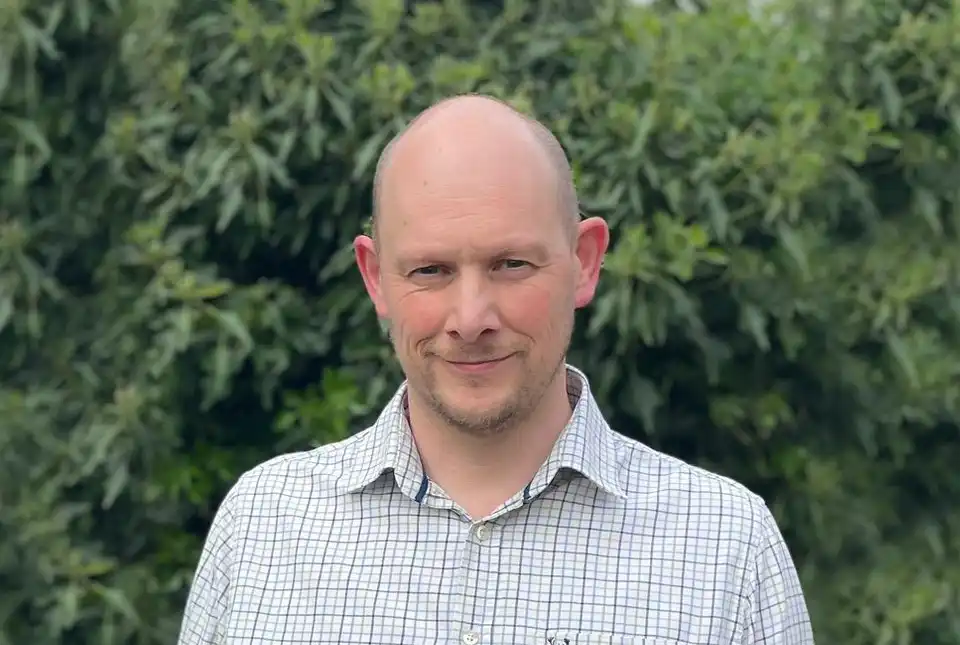
New BGS Chief Scientist for multi-hazards and resilience announced
09/05/2024
Prof Jonathan Chambers has been appointed as the new BGS Chief Scientist for multi-hazards and resilience, effective from 1 June 2024.

Burrow-detecting devices could protect flood defences
23/01/2024
BGS scientists have trialled a new way of detecting animal burrows in clay flood embankments.
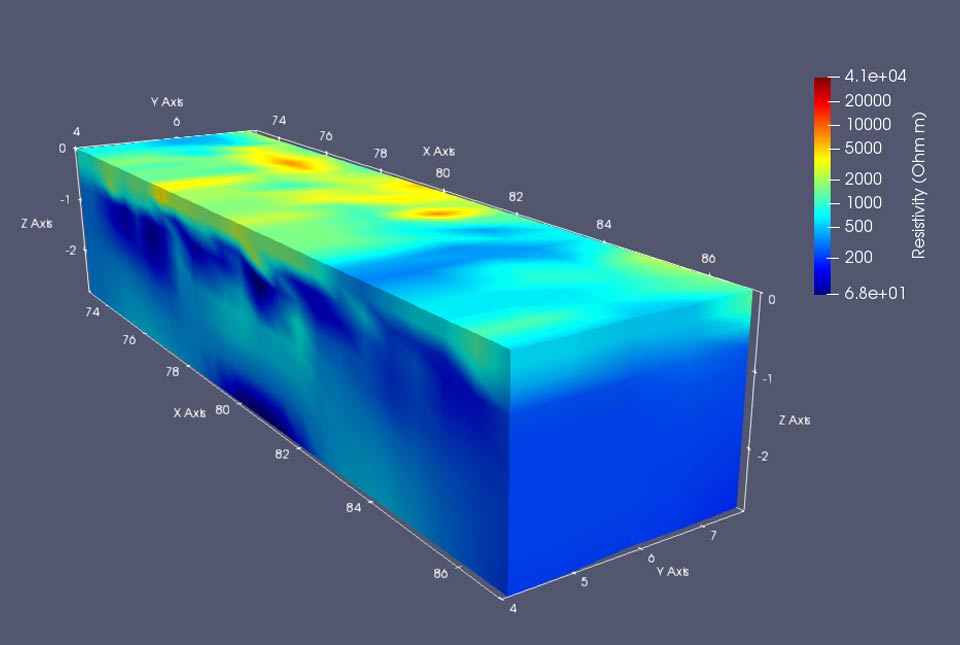
Can geophysics help feed people in a changing climate?
09/11/2021
Conservation agriculture and electrical resistivity tomography could help combat the factors affecting food security in southern Africa.
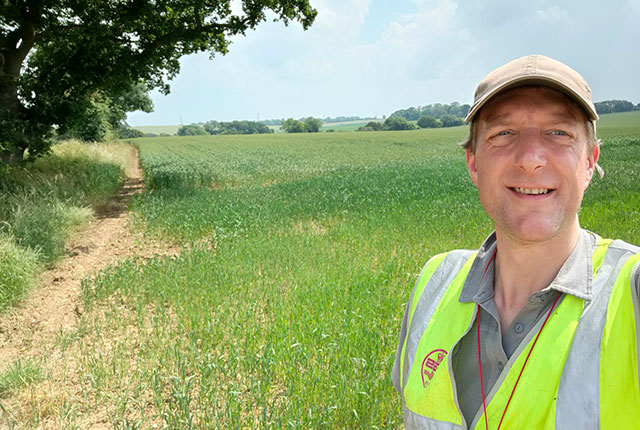
Back out in the field with Tromino
18/08/2021
Steve Thorpe discusses returning to fieldwork after the COVID-19 pandemic and trying out the Tromino kit.
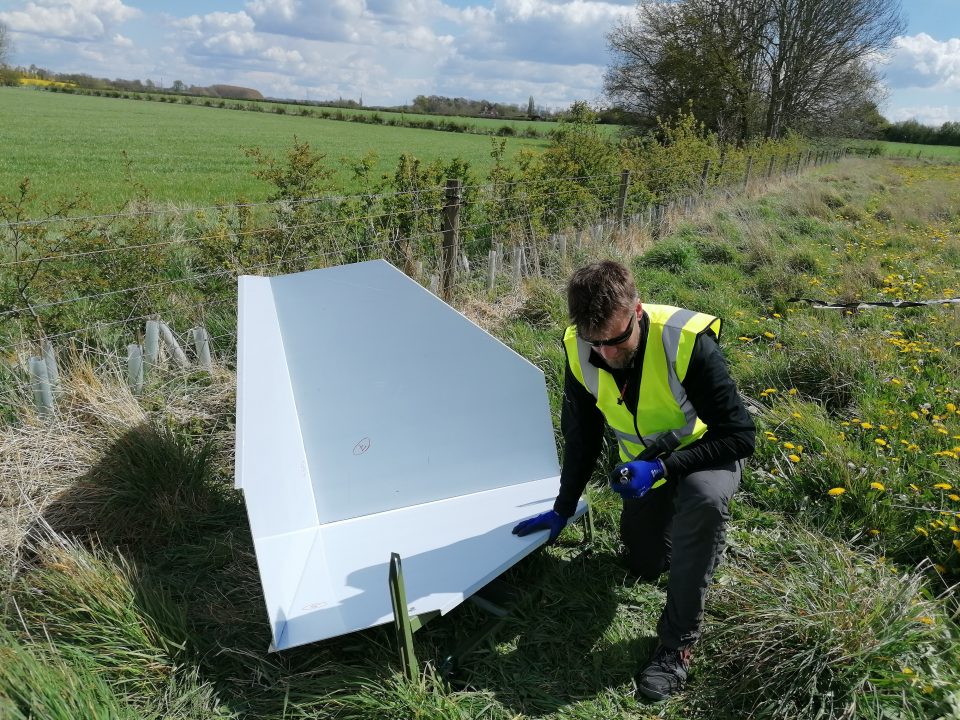
BGS to help further carbon dioxide monitoring research at Sutton Bonington
03/08/2021
BGS is part of a research project that will consider the feasibility of using quantum gravity sensors to monitor carbon capture and storage sites.
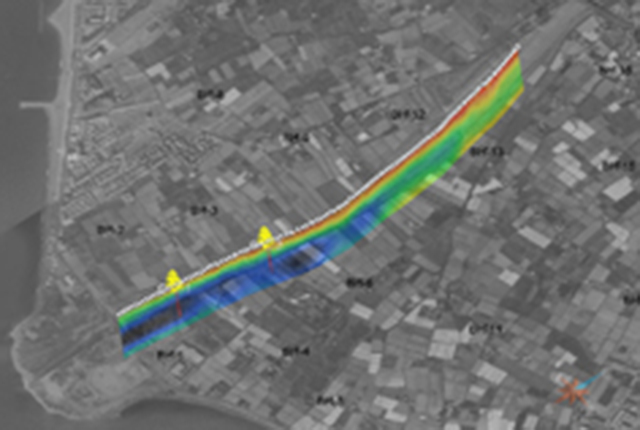
Shallow geophysics
Creating and using leading-edge technologies such as geophysical tomography to visualise the shallow subsurface.





